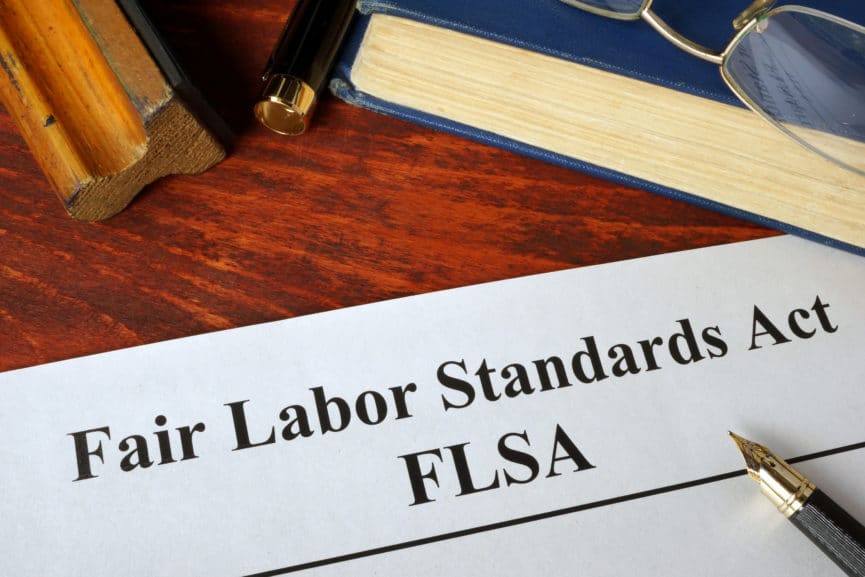If you’re an employee in the private sector or you work for the federal, state or local government, you’re most likely covered by the Fair Labor Standards Act, or FLSA.
But what is FLSA, and how does it affect you?
What is FLSA?
FLSA is the Fair Labor Standards Act, and it governs things like:
- Minimum wage
- Overtime pay eligibility
- Recordkeeping
- Child labor standards
Sometimes employers violate the FLSA by misclassifying salary or failing to give employees overtime pay – and if your employer has done one of those things to you, you could be eligible for financial compensation. You may want to get in touch with a Glendale employment lawyer who understands the law and how it applies in your case as soon as possible.
Minimum Wage and Overtime Pay Eligibility
California law, when it comes to minimum wage and overtime pay, is what the courts base decisions on – not federal law – because California law provides more protections than the federal law does.
In the state of California, minimum wage is $10.50 per hour, which is more than the federal minimum wage (that’s $7.25 per hour).
Most employees in California are entitled to more overtime protections than the federal law provides, as well. The federal law, FLSA, doesn’t entitle employees to overtime until they’ve worked over 40 hours in one work week, whereas in California, most employees are entitled to daily overtime if they’ve worked more than 8 hours in a day. If employees work more than 12 hours in one day, employers must pay them double their ordinary wage.
Recordkeeping and FLSA
Employers are required to display an official poster that shows FLSA’s requirements, and they must keep employee records. The records employers have to keep include:
- Occupation
- Time and day of the week when the employee’s workweek begins
- How many hours the employee worked each day
- How many hours the employee worked each week
- The basis on which the employee’s wages are paid (the amount per hour, per week, or per job)
- The employee’s regular hourly pay rate
- Total earnings and overtime earnings
- Additions to and deductions from the employee’s wages
- The total wages the employee is paid each pay period, as well as the dates of the payment and the pay period covered by the payment
Child Labor and FLSA
The protections in the Fair Labor Standards Act extend to kids – they ensure that when young people work, the work isn’t dangerous, that it doesn’t jeopardize their well-being, and that it doesn’t prevent them from pursuing educational opportunities. It outlines the requirements employers must meet for workers under the age of 18, and explains the differences between paid and unpaid internships, youth employment rules, and more.
Has Your Employer Violated the Fair Labor Standards Act?
If you suspect your employer has violated FLSA, you may benefit from talking to an employment attorney in Glendale or Los Angeles.
Call us at 818-617-9706 or toll-free at 800-774-4163 for a complimentary consultation. We want to hear what happened to you and determine whether your employer may have violated the Fair Labor Standards Act in your case – and if it’s possible, we’ll work hard to get you the justice you deserve.




